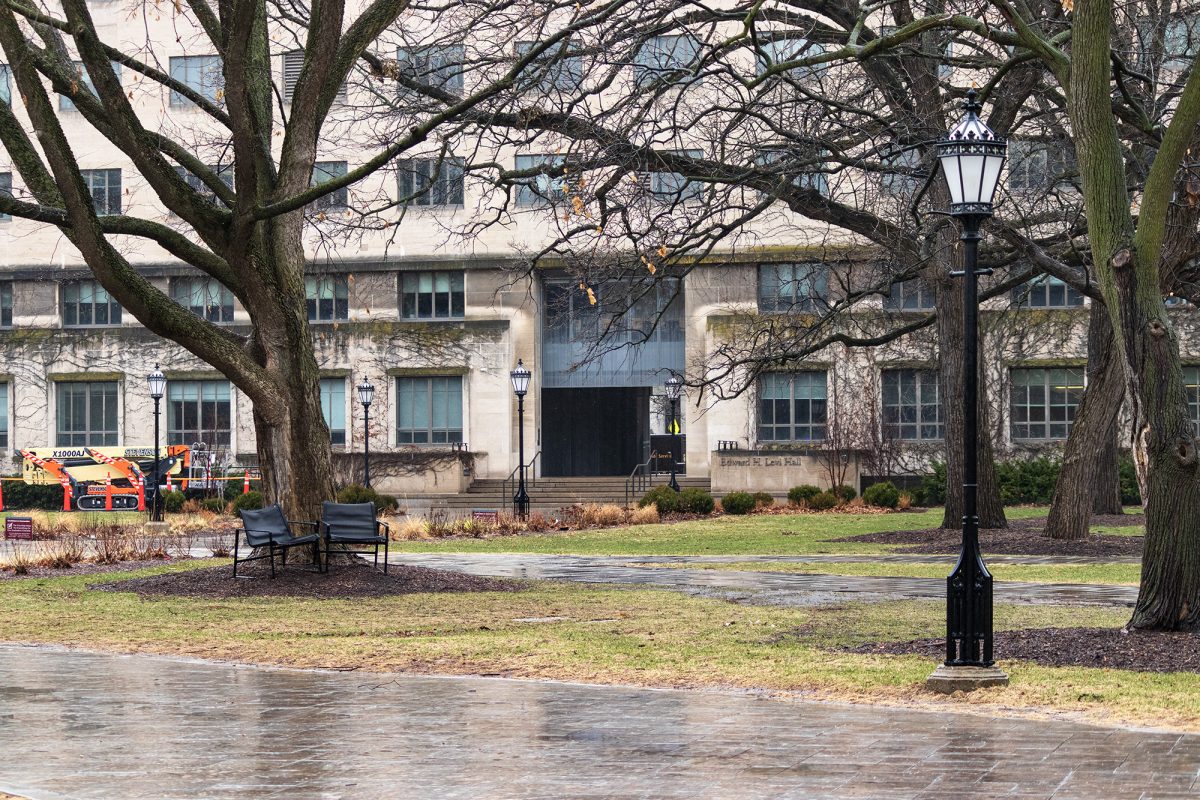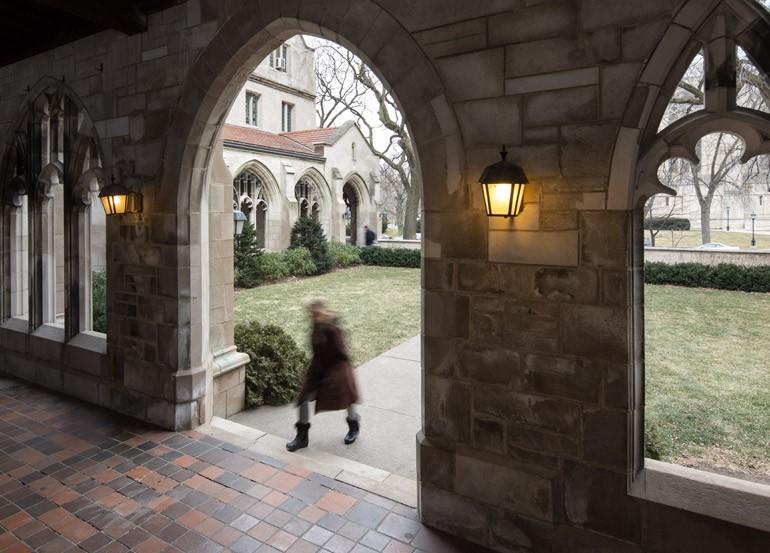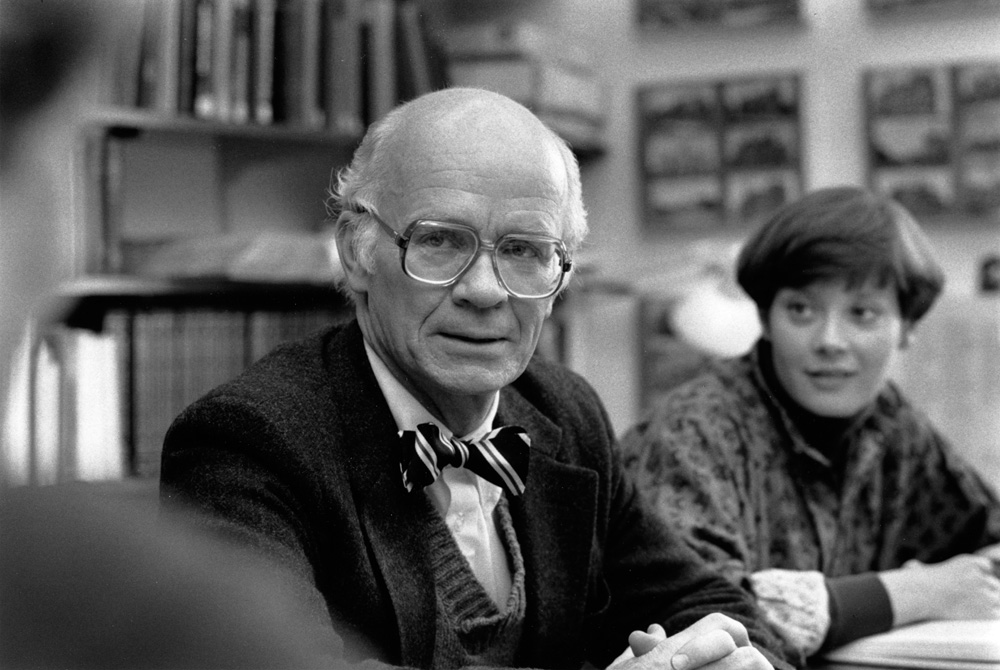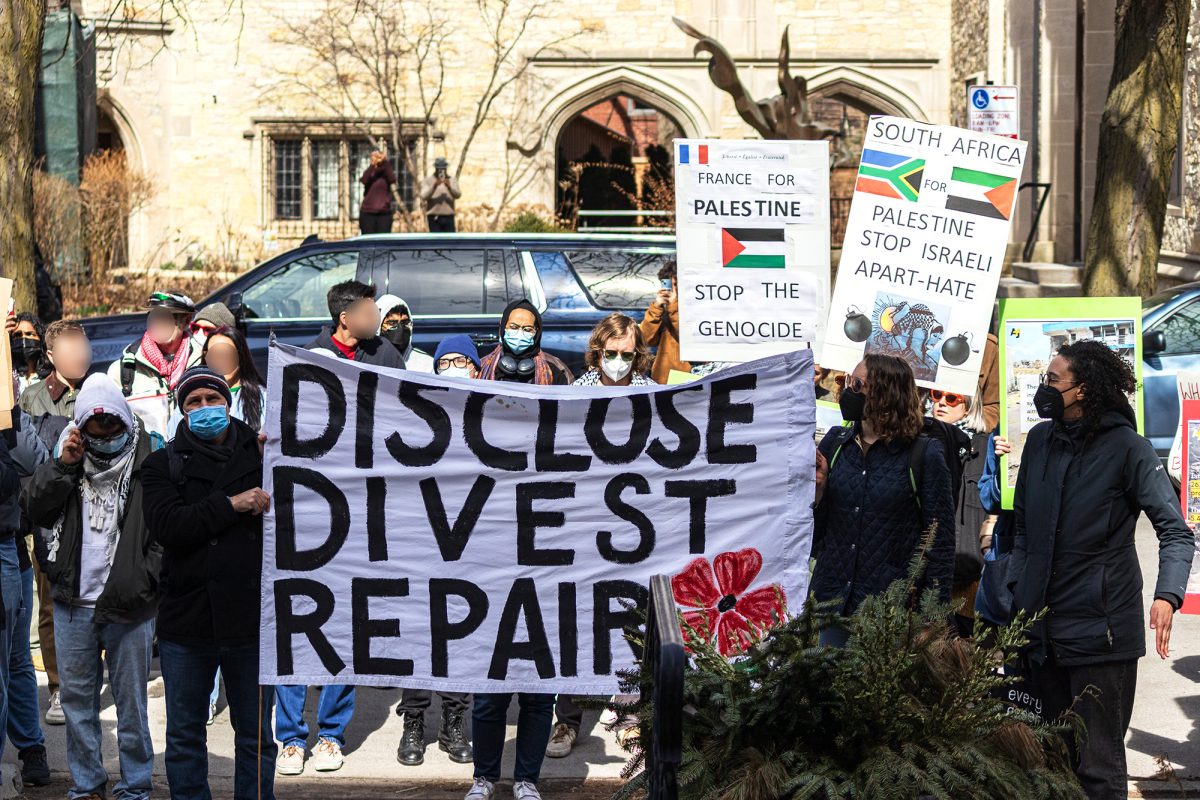The Chicago City Council approved a piece of legislation Wednesday requiring developers to guarantee that at least 10 percent of their units remain affordable to those with lower incomes.
Sponsored by Mayor Richard Daley, the Plan for Transformation passed by a vote of 44?1. It comes on the heels of a plan championed by Fourth Ward Alderman Toni Preckwinkle, which suggested that 20 percent of all property purchased by developers be set aside for affordable housing.
?A number of aldermen offered amendments to the mayor?s plan, but all of those ordinances were sent to [the committee on Housing and Real Estate] against our wishes,? Preckwinkle said in a phone interview, adding that she assumes the proposed amendments will ?die in committee.?
Because the Housing and Real Estate Committee will not be meeting before the end of the current council session, the amendments will not be discussed until the council reconvenes in May.
Approval of the mayor?s plan, however, does not indicate that it will be implemented. Preckwinkle?s proposed housing ordinance is still being discussed by the committee and may be brought before a council vote.
?I don?t expect that my proposal will be brought before the council in the near future, but it will eventually be discussed and voted on before the council,? Preckwinkle said. ?Right now we?ve got 21 to 22 sponsors that for the ordinance that affects the private development community. But we don?t have 26 sponsors, which is what we need to pass anything.?
Preckwinkle explained her plan as being ?directed more toward the private development community,? as opposed to the mayor?s plan, which only affects developments on property sold by the city.
The debate is divided largely along racial lines.
Preckwinkle described support for her ordinance as being ?disproportionately Latino and African-American, with three supporters from majority white wards.? Helen Schiller (46th Ward?Uptown), Joe Moore (49th Ward?Roger?s Park), and Eugene Schulter (47th Ward?Lincoln Square and Irving Park) are the sole white supporters of Preckwinkle?s proposed ordinance.
Housing?affordable housing in particular?has been in shortage in many areas of the city, especially in Chicago?s historic Bronzeville district. Once the site of jazz and blues clubs in the 1930s and 1940s, the area has largely become a haven for the city?s gallery high rise public housing projects, which flourished in the 1970s, only to fall into severe decline in later years.
Preckwinkle?s current plan seeks to ease the transition of gentrification that is slowly seeping into neighborhoods in the south side after exhausting its potential on the north side. While some view the gentrification as inherently negative, others see its positive side effects.
?My only worry (concerning the redevelopment of the south side) is the gentrification aspect of it,? said Pat Wilcoxen of Protestants for the Common Good, a Hyde Park organization. ?I?m not against gentrification as a whole; dilapidated areas need to be redone. I just don?t want it to exclude lower income people.?
Wilcoxen said she would like the city to appeal to meet the needs of the low-income individuals who have ?been here through the hard times. They ought to get a stake and enjoy the good times too.?
Wilcoxen said she hopes the council will still consider an alternative proposal.
?Her proposal affects all developments on all property and not just developers using city property,? she said. ?We really need to have that much to meet the need for housing in the city. The current housing stock, especially on the south side, will be insufficient to meet the need for affordable rental housing.?
Various other academics and activists have criticized the lack of affordable housing in the city. Robert Starks, a professor at the Urban Institute of Northeastern University, bemoaned the lack of support for low-income residents.
?There is no program in this city being fostered by city administration or even by the state or federal governments that is promoting affordable housing for low and moderate income people,? Starks said.
Ken Oliver, also with Protestants for the Common Good, said that the mayor?s plan is ?a good first step toward solving the affordable housing shortage.? He described himself, however, as ?disappointed that the council had the opportunity to do more, yet settled for less.?
Oliver emphasized that the final council vote of 44?1 in favor of the mayor?s plan was slightly misleading, as it did not reflect the actual debate and attitudes of individual council members.
?We have to separate the debate about the ordinance from the actual result of the vote,? Oliver said. ?People vote for the ordinance because it is not a bad ordinance, but we have had a number of aldermen taking a public stand saying that it is wrong to oppose the Preckwinkle ordinance; consequently, the vote was not indicative of what was going on.?








